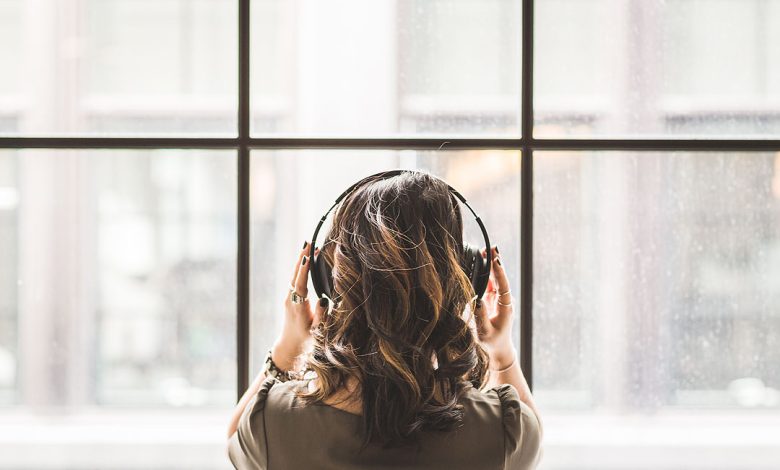Music that soothes the soul

By Patricia B. Mirasol
Music therapy is the clinical use of music to improve an individual’s physical, psychological, and social wellbeing. It benefits those with conditions such as depression, dementia, and speech disability.
“[It] has three main components: the music, the therapist, and the client,” said Cleofe B. Toribio, coordinator of St. Paul University Manila (SPUM)’s Music Therapy Department, in an e-mail to BusinessWorld. While the practice is led by a certified music therapist, she said, one need not be with a professional to enjoy the benefits music-related activities like singing bring.
SLOW SONGS AND HEARTBEATS
According to the Encyclopedia Britannica, music therapy is an allied health profession that delivers health services outside the scope of those provided by doctors and nurses. It aids in lowering blood pressure, improving memory, reducing muscle tension, and increasing motivation.
Rhythmic entrainment, which refers to how two independent rhythmic processes synchronize with each other, explains why a person’s heartbeat slows down as they listen to slow music. Melodic intonation therapy, meanwhile, uses melody and song to help stroke victims regain speech.
Music therapists, Ms. Toribio said, collaborate with diverse healthcare professionals. Ms. Toribio herself has led sessions with support groups for breast cancer survivors, men with HIV (human immunodeficiency virus), and cardiac patients. She has also been invited to speak to patients with stroke and Parkinson’s disease at St. Luke’s Medical Center.
“So far, I have not seen regression in terms of the cognitive and physical functioning of my clients with dementia since I started working in 2018,” she said. “Music therapy is not just for persons with disabilities… It is [also] for children, adolescents, and adults.”
EASING STRESS
The clinical discipline is also a boon to university students striving to excel in a school year beset by pandemic disruptions. In De La Salle – College of Saint Benilde (DLS-CSB), music wellness activities are held twice every term — once before the midterm, and again before the final examinations.
The program tuneIN: Music and Wellness is the brainchild of the college’s Music Production program. Launched in December 2020, it aims to ease the stress of students during the pandemic.
“I’d already made plans of holding a music wellness activity to cater to students and associates [even before the pandemic],” Program Chair Patrick August Anthony S. Frias told BusinessWorld in an e-mail. “[This activity] was only converted to a virtual session because of the lockdowns.”
Making music with others, he added, promotes empathy and helps people cope with physical distancing restrictions.
“It is a form of psycho-social development, which reduces seclusion and helps heal an individual from within. It is one of the most effective means of communication and socialization among individuals,” Mr. Frias said.
The virtual sessions are open to non-Benildeans.
HAPPY HORMONES
In music therapy, a list of interventions is created based on a client’s goals and objectives, said Janine Marie R. Flores, Music Production faculty of DLS-CSB and a music therapy graduate student of SPUM.
A set of interventions for coping with stress, for instance, may include lyric analysis for identifying and acknowledging emotions, or moving to music for releasing body tensions.
“Music therapy requires knowledge in other fields, such as education, psychology, and medicine,” said Ms. Flores, who hosted the latest tuneIN session. “There is a system process that involves different methods… when facilitating a music therapy session.”
In her classes, Ms. Flores uses these activities to promote awareness of self and of others:
Listening to music — picking a song that may or may not be related to the lesson, having students listen to it, and then assessing them how they feel before and after listening to the song;
Creating a playlist — compiling a list of songs that correspond to one’s music preferences, which in turn helps support creativity, memory, and mood. “Listening to… personal music preferences releases ‘happy hormones,’ which boosts our mood and makes us feel good,” she told BusinessWorld.
For more information on music therapy in the Philippines, contact musictherapy@spumanila.edu.ph or seniorhubjupiter@gmail.com. For updates on upcoming tuneIN wellness sessions, check DLS-CSB’s Music Production on Facebook at https://www.facebook.com/benildemusicproduction.




